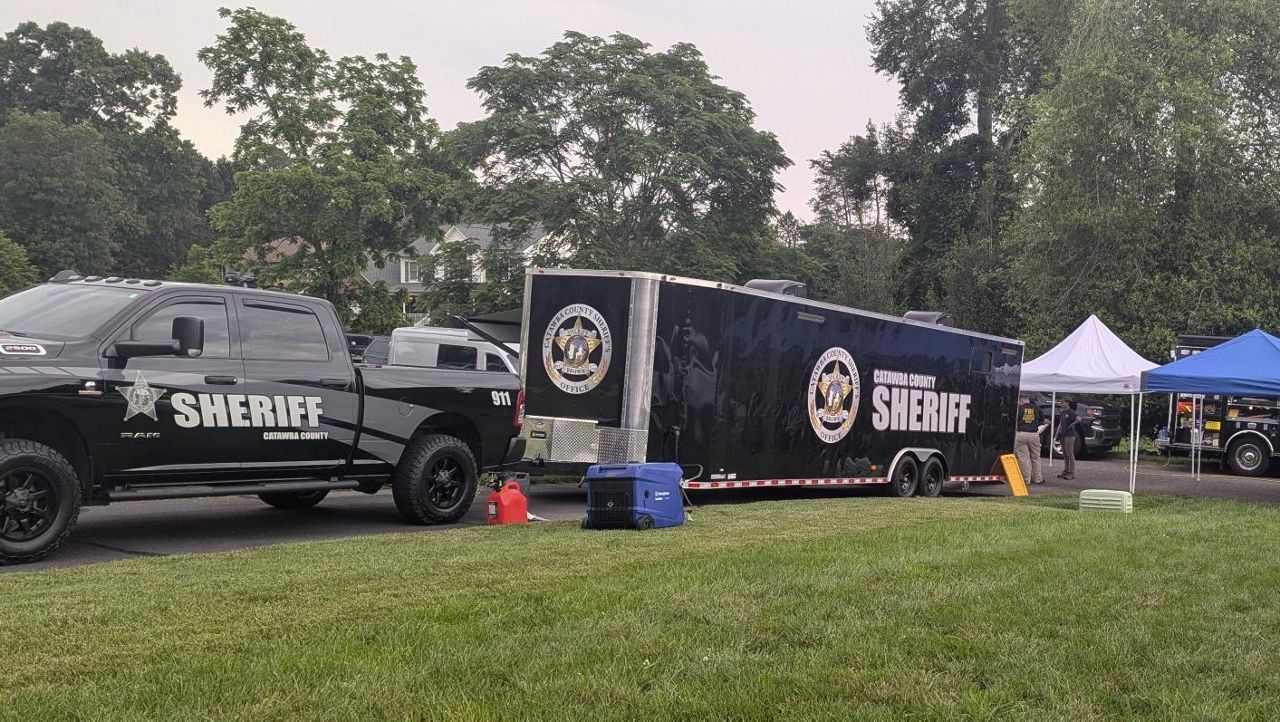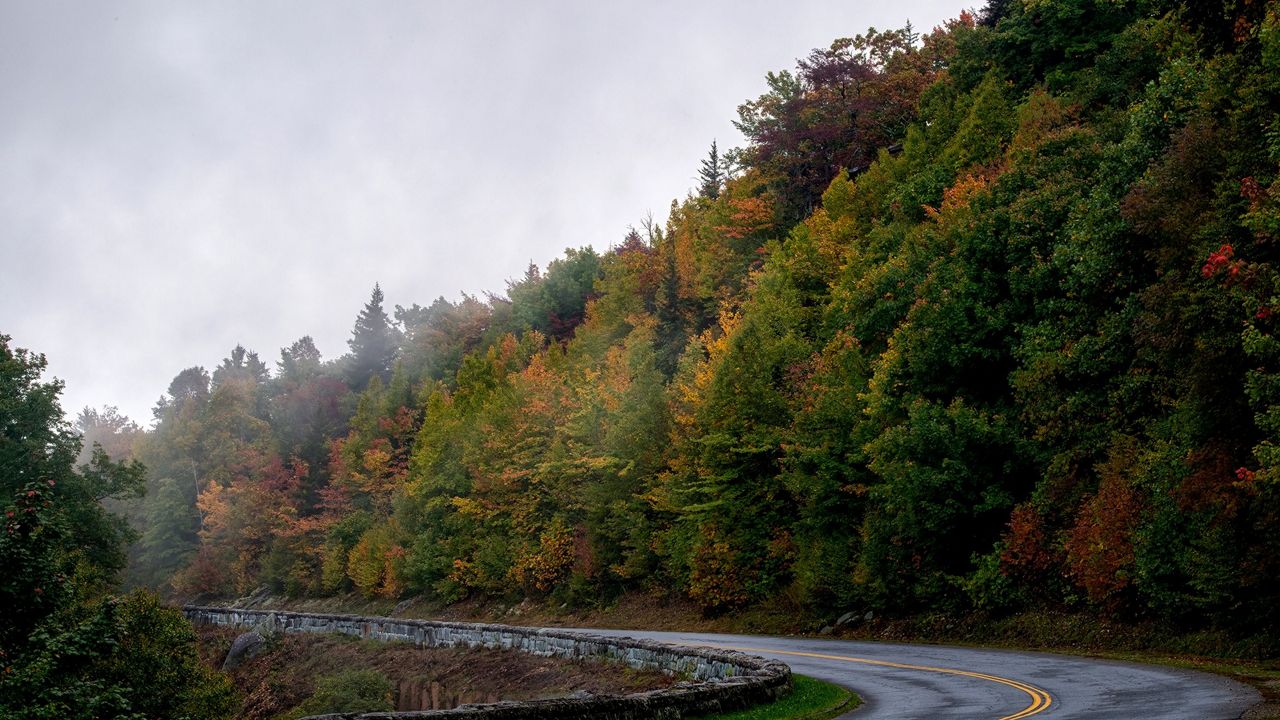RALEIGH, N.C. — Some experts predict climate change could have a huge impact on communities of color.
Many fear the historic town of Princeville could be one of the hardest hit.
Massive hurricanes over the years made it tough for families in the small town to bounce back.
Some people never moved back to Princeville after flood waters left much of this small town under water.
“They were showing images of them touching the signal light, riding by the boats, that’s how high the water was,” said Daniel Hilliard, a Princeville native.
Hilliard was 19 years old when Hurricane Floyd ripped through his small town of nearly 2,000 people.
It was called the flood of the century. Nearly every home was damaged, putting some parts of the town more than 20 feet under water.
Some families who lost everything still haven’t rebuilt, even 24 years later. Hilliard's parents’ home was lost.
"It was right around here, where a lot of trailers, that’s where my parents’ actual trailer was, but there were several trailers, maybe 40 or 50 if I’m not mistaken, as you can see there are no other trailers here, nothing,” Hilliard explained.
Several studies by the Environmental Protection Agency show vulnerable groups are disproportionately affected by climate change and flooding where people are least able to prepare for or recover from heat waves, poor air quality and flooding.
Princeville, originally called Freedom Hill, is the oldest town founded by African Americans freed from slavery in the United States. But some say their town is struggling to survive because of environmental racism.
“Is Princeville getting the support it needs to revitalize?” Riley asked.
"That’s an answer that I don’t have the information on, but if I got to go off my gut feeling, I would say no. I think there needs to be more resources in trying to fix these dams and fix it somewhere if it’s going to be flooded, it should be minimal damage,” Hilliard said.
The town flooded again in 2016 during Hurricane Matthew.
Princeville’s historical outreach coordinator says parts of the town have flooded at least 24 times since 1870.
“Every time a hurricane come, it don’t need to be everybody all stressed out thinking they’re going to lose their home again,” Hilliard explained.
According to the journal Nature Climate Change, researchers predict the cost of flooding across the U.S. will hit $40 billion annually by 2050 compared to $32 billion right now. The study also reveals Black communities will be hit the hardest.
“Devastating, just devastating,” Hilliard said.
Hilliard, whose parents still live there, fears the possibility of his historic hometown washing away completely because of poverty, lack of funding and very little resources.
“Especially for my parents, to see someone put so much into something and then it just gets taken away like that.,” Hilliard stated.
Spectrum News 1 reached out to Mayor Bobbie Jones to find out what steps the town is taking to preserve its land.
Jones plans to meet with the Army Corps of Engineers this month. He says the town sent out a request for bids in late May to repair four flood gates.
Despite the challenges, Hilliard still takes pride in his hometown. His parents stayed in Princeville after losing their home of over 30 years. They built a new home in 2001.
“It’s good that my parents have a home that belongs to them. Somewhere that I can come back to for Mother’s and Father’s Day and Thanksgiving and Christmas,” Hilliard said.
A professor at N.C. State led a team of over 20 students, along with professionals and faculty from State and UNC Chapel Hill, to expand their research that would offer solutions to reduce flooding.
They’re still meeting to find solutions. The team visited communities and spoke with landowners about potential projects that they believe could reduce flooding.






)


